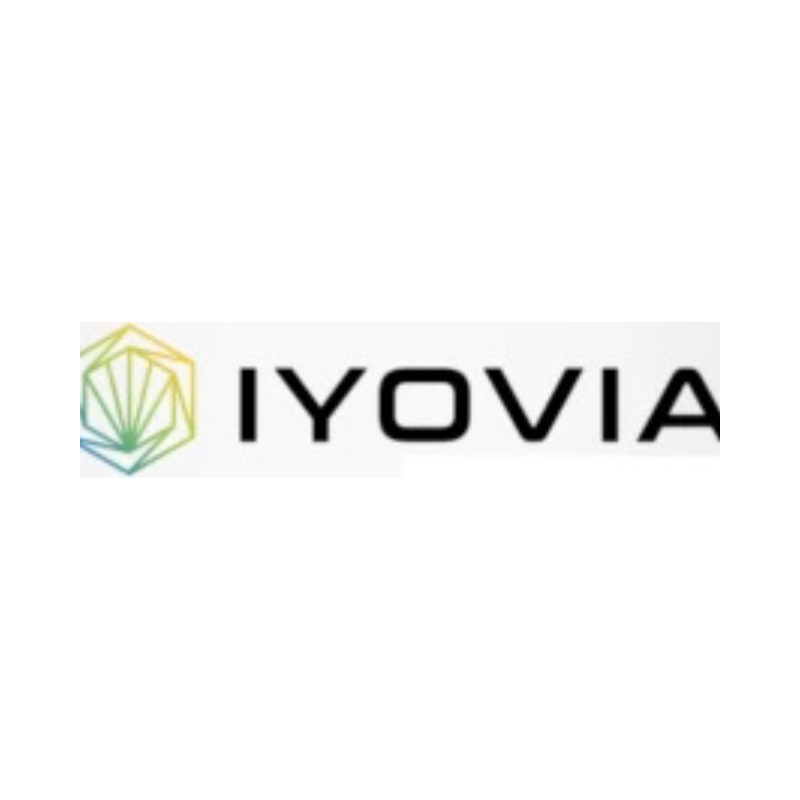
On August 8, 2025, Jason Brown, Matthew Rosa, and their company, Global Dynasty Network, settled with the FTC and Nevada for $36 million over fraud allegations tied to Iyovia, a rebranded multi-level marketing (MLM) scheme previously known as IM Mastery Academy, as reported by BehindMLM. The FTC and Nevada accused the defendants of orchestrating a deceptive investment training scheme, misappropriating over $33 million through false earnings claims. The settlement, finalized on August 7, 2025, requires Brown and Rosa to pay $2.5 million, with the remainder suspended based on their financial disclosures. This case highlights the risks of unregulated crypto training platforms, particularly those leveraging MLM structures to target vulnerable consumers.
The FTC and Nevada charged Brown and Rosa with violating multiple regulations, including the Restore Online Shoppers’ Confidence Act, the Telemarketing Sales Rule, and Nevada’s Deceptive Trade Practices Act. According to the FTC, the duo made unsubstantiated earnings claims, promising lucrative returns from Iyovia’s trading training services while instructing others to evade compliance detection. Court documents reveal Brown hired third parties to post fake reviews, boosting Iyovia’s image. The settlement imposes a permanent injunction, barring misleading claims, unauthorized telemarketing, and negative option billing without clear consent. This legal action, filed in May 2025 in Nevada District Court, underscores the FTC’s crackdown on deceptive crypto-related MLMs, with consumer harm estimated at $1.2 billion since 2018.

The Iyovia settlement sends a strong signal to the crypto MLM sector, where exaggerated profit claims often lure young and inexperienced investors. The FTC’s broader lawsuit against Iyovia, including other defendants like Christopher Terry, continues, suggesting ongoing scrutiny. Cointelegraph notes that similar cases, like the 2016 Vemma settlement, have tightened regulations on MLMs, potentially impacting crypto training platforms’ operations. X posts from @MLMWatchdog highlight the FTC’s focus on protecting Black and Latino youth, who were disproportionately targeted by Iyovia’s marketing. Investors in similar platforms should verify earnings claims and monitor SEC and FTC filings for regulatory updates, as non-compliance could lead to further penalties under frameworks like 15 U.S.C. § 45.
The Iyovia case may foreshadow increased regulatory pressure on crypto education platforms, with the FTC likely to pursue remaining defendants aggressively. The injunction’s 10-year reporting requirement for Brown and Rosa signals long-term oversight, potentially deterring similar schemes. However, the unclear status of Rosa’s “The Shift” venture, as noted on X by @CryptoSkeptic, raises concerns about pivots to new MLM models. Investors should exercise caution with crypto training programs, prioritizing platforms with transparent income disclosures. Following credible sources like @FTC_Consumer for regulatory updates and cross-referencing crypto MLM claims against FTC complaints can mitigate risks. The market may see short-term volatility in crypto-related stocks as regulatory clarity emerges, but long-term, stricter oversight could foster trust in legitimate blockchain education.
